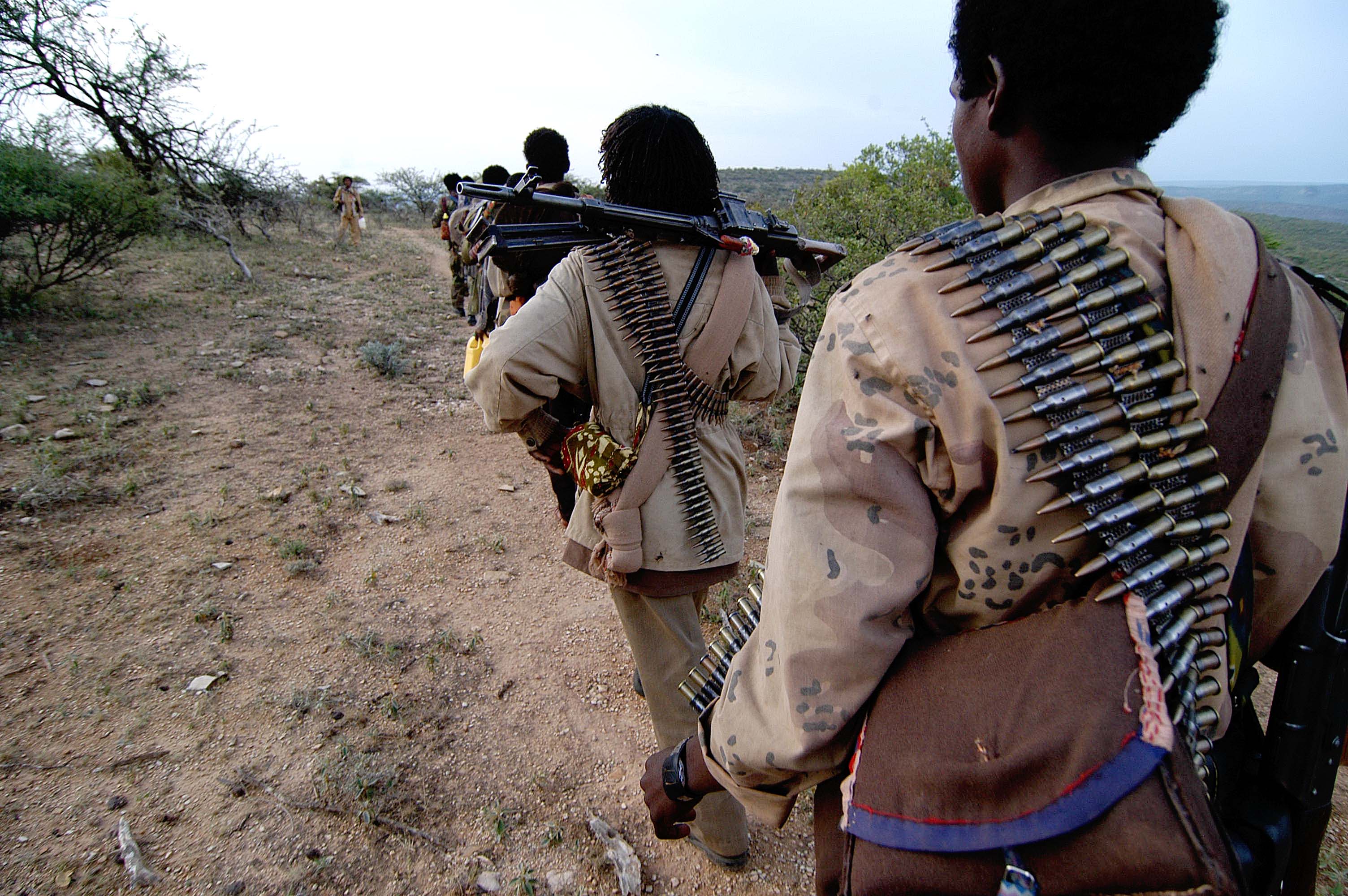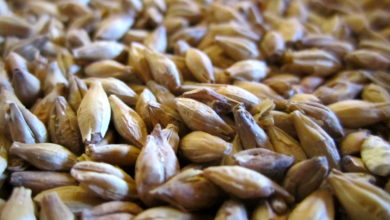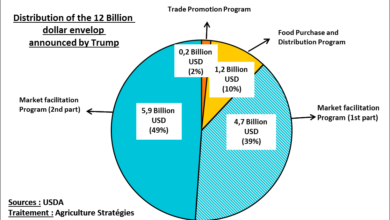
Download the PDF
The hunger riots observed during the 2008 food crisis, as well as the Arab Spring in 2010, rekindled public opinion to the impact of food price increases on political stability. If too high prices destabilize the food security of urban populations, too low agricultural prices also put whole regions under tension. This is highlighted by the economist Mathieu Couttenier in his work on the determinants of the outbreak of civil wars in sub-Saharan Africa over the period 1960-2005. Given he was among the three nominees of the 2019 edition of the Best Young Economist Award given by Le Monde and the circle of young economists, it seems important to bring to light the contributions of his academic work.
In his early work, Mathieu Couttenier was interested in the consequences of climate change and particularly drought events as a triggering factor for civil wars in sub-Saharan Africa. After looking at the effect of temperature and precipitation on the occurrence of conflict-related deaths, he sought to test the explanatory power of a synthetic indicator – the Palmer Index (PDSI) – which represents more precisely drought episodes than simple temperature and rainfall data by incorporating evapotranspiration data or the intrinsic characteristics of the soil to retain water. It shows that “the relationship between drought and civil war in sub-Saharan Africa is statistically low” according to this first work, “9% of the civil wars in the sample can be attributed according to the PDSI to the drought”.
Volatility of agricultural prices and political consequences
While the effect of drought on the outbreak of civil wars is generally overestimated, other factors must be taken into account. In his 2015 article, External shocks, internal shots : the geography of civil conflicts, Mathieu Couttenier and his co-author Nicolas Barman sought to take farmers’ income more directly into account by calculating, for every region, external demand for agricultural products provided by the area. The researcher proposes an unprecedented approach by cutting out the African territory in a cell of 2500 km2 and identifying the agricultural specialization of each zone from the GAEZ database developed by FAO. Moreover, in addition to the “shocks on agricultural commodities”, it also includes “financial shocks” in its explanatory model. Finally, it takes into account the distance to the harbour as an approximation of the level of economic integration of the area.
The results show that “income shocks are generally correlated, negatively and significantly, with the frequency, intensity and occurrence of conflicts within zones”. In other words, decreases in income from farming activities increase the risk of war. Mathieu Couttenier goes even further and puts forward an explanation relating to individual behavior: for him, the decline in agricultural income directly affects the opportunity cost of agents to enlist in rebellions, he therefore dismisses the hypothesis that it would be the incapacity of the State which would be involved. Moreover, he concludes that the occurrence of conflict would be greater in the most integrated areas of international trade, although the correlation is stronger with “agricultural commodity shocks” than with “financial shocks”.
Beyond agricultural products, Mathieu Couttenier has also been interested in the effect of ore prices in a more recent publication from 2017. This time the significant effect is when prices rise, he demonstrates indeed that a “doubling of ore prices over the period 1997-2010 explains a 25% increase in armed violence in the regions concerned”.
In the end, the various works developed by Mathieu Couttenier show that the volatility of raw material prices poses a problem to the political stability of (fragile) African states. The events of the late 2000s have reminded that urban populations were sensitive to food price spikes. With the generalized ebb of the markets since the end of the “super-cycle” of raw materials, it is now the countryside that is under pressure. The consequences of a generalized deflation on the political stability of the countryside should not be underestimated because the political tensions it causes affect the potential for agricultural development of these areas and feed the rural exodus.
Willy Olsommer, Student at AgroSup Dijon












